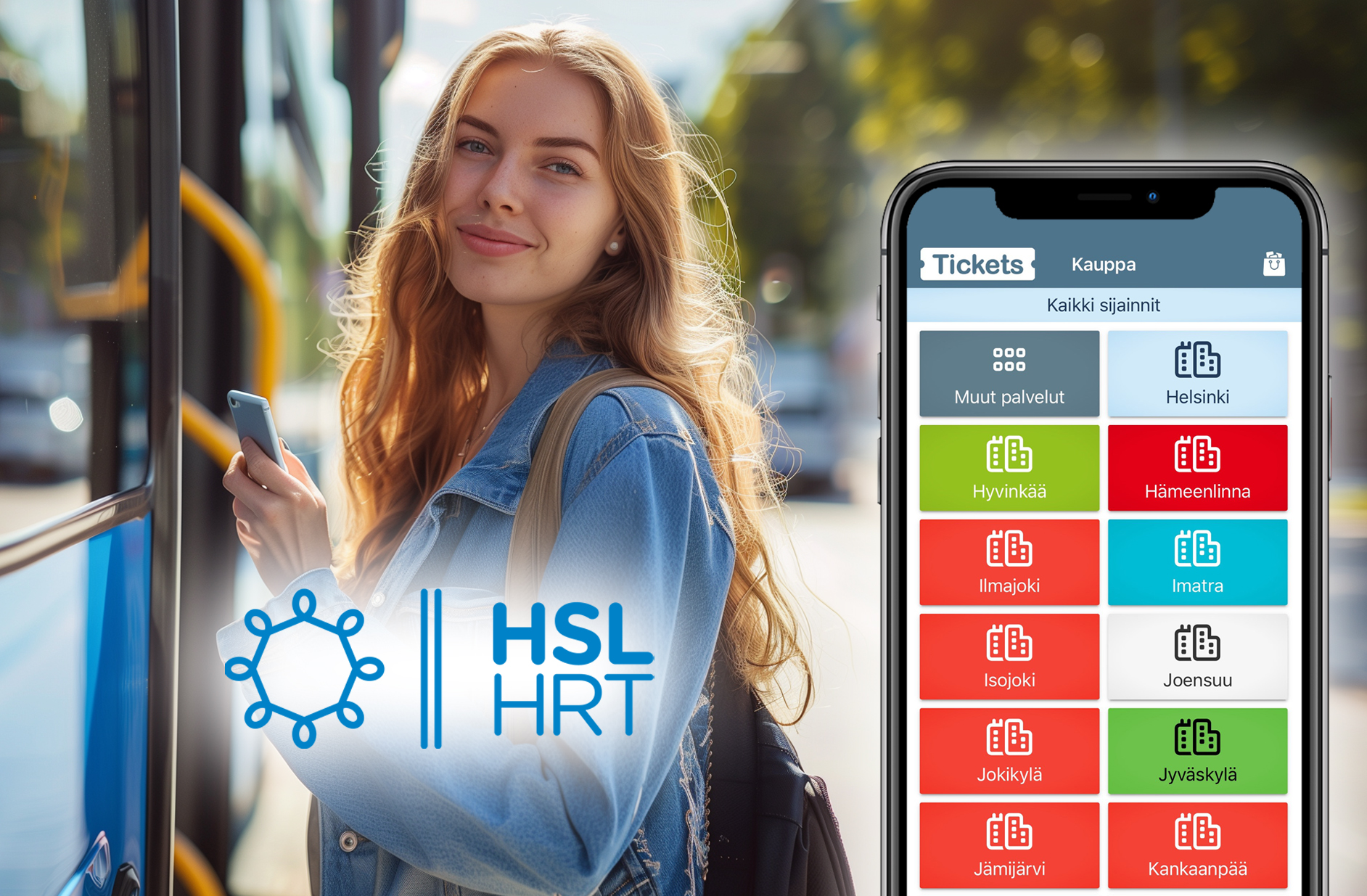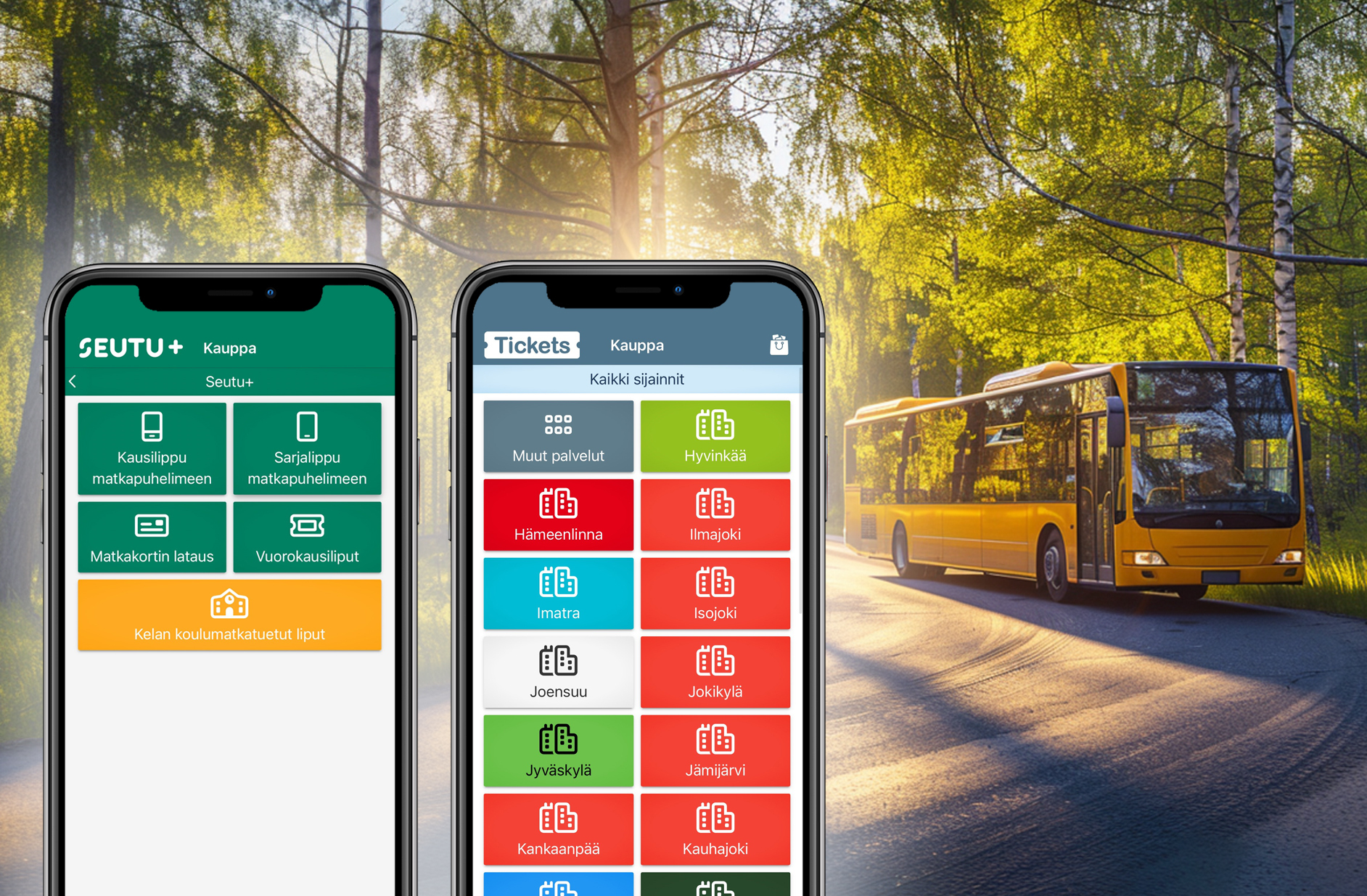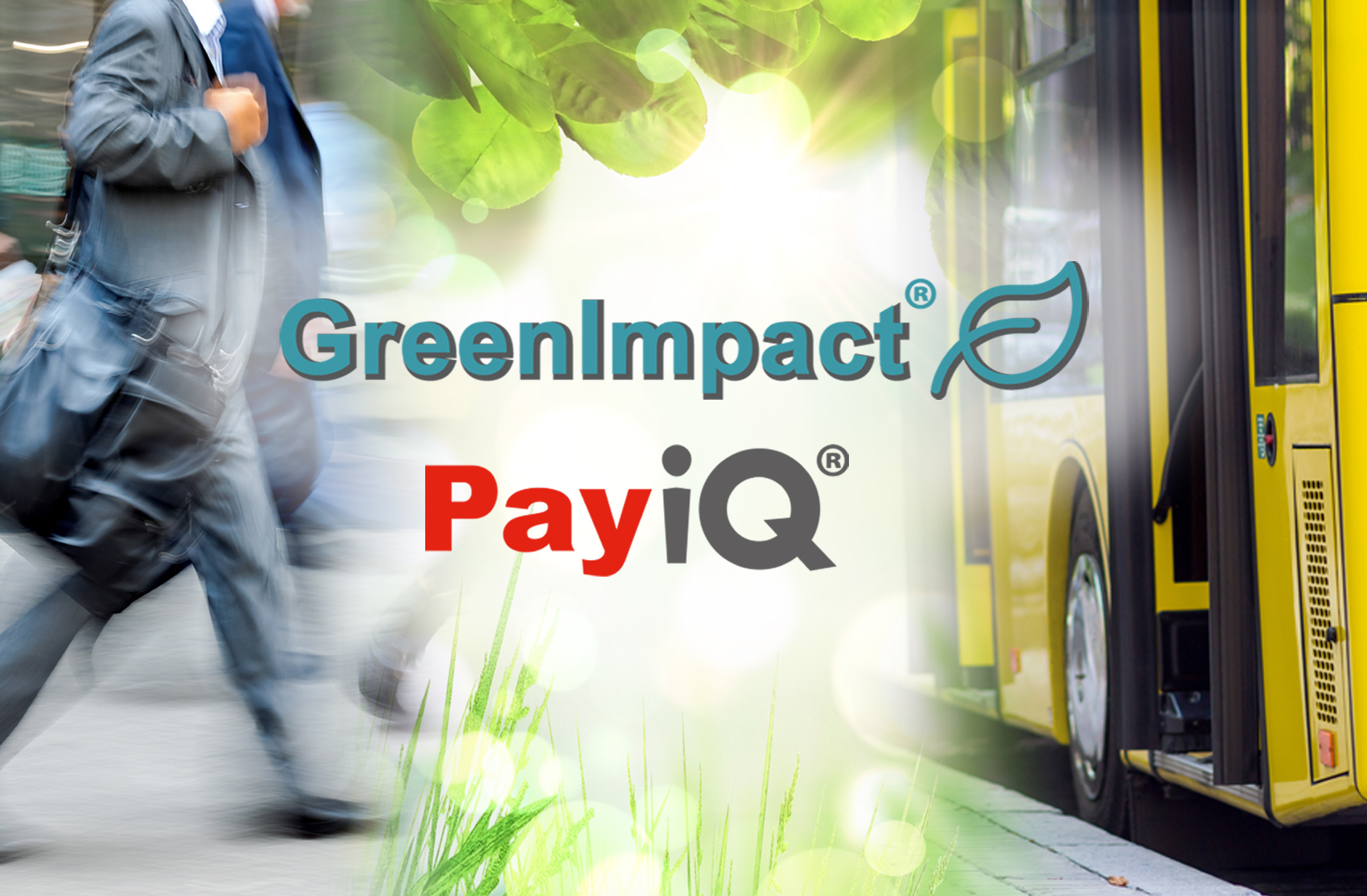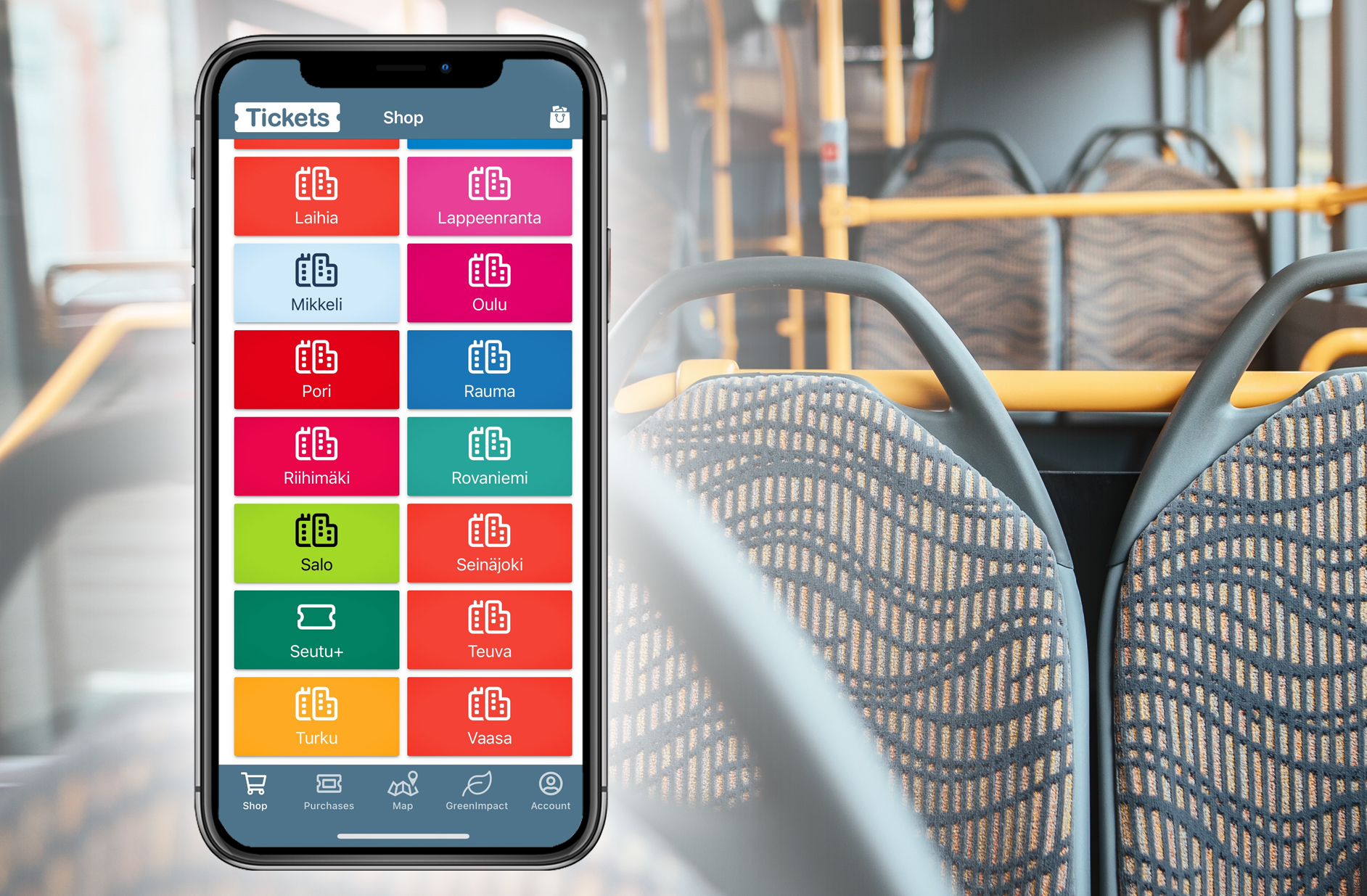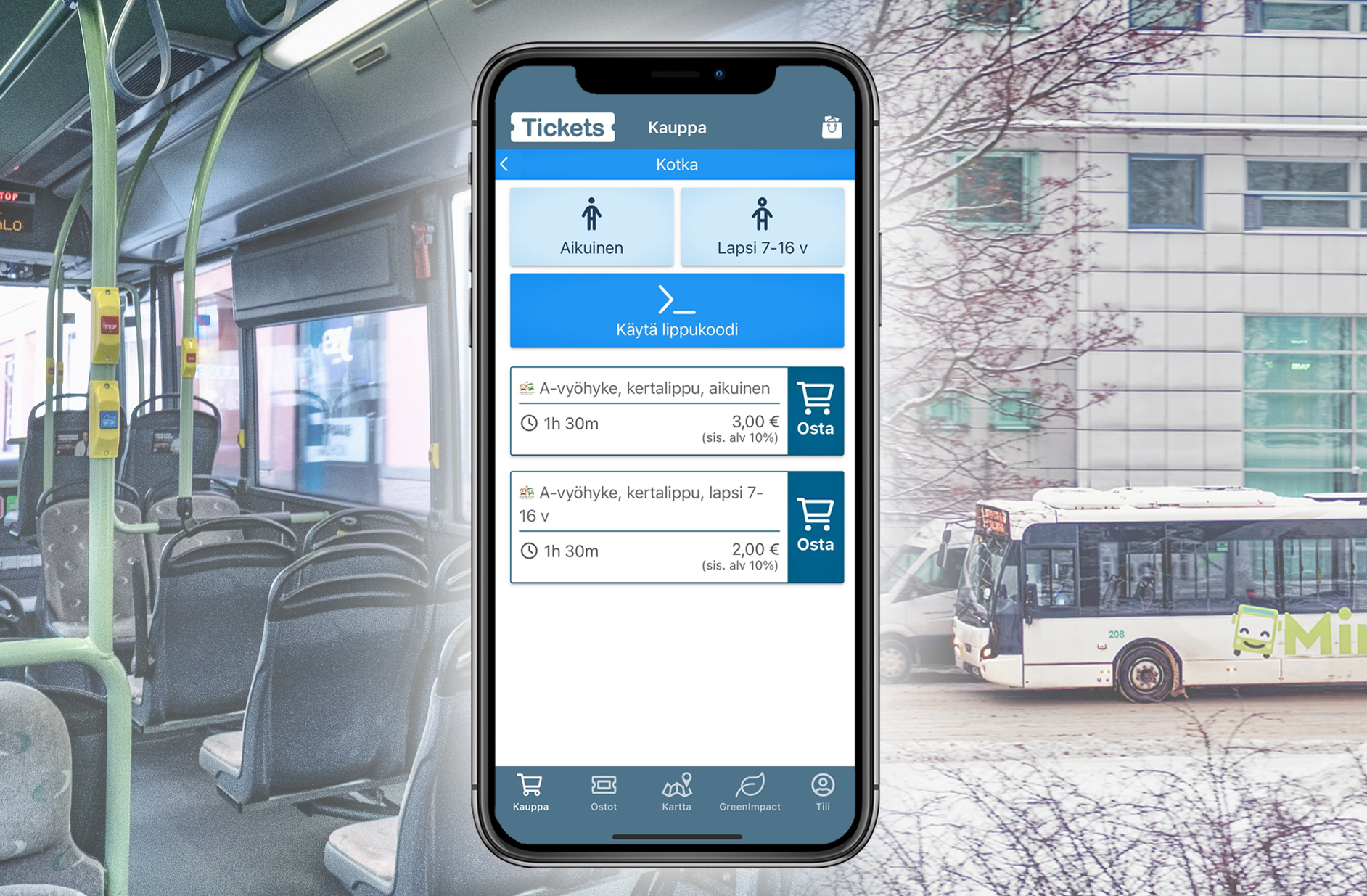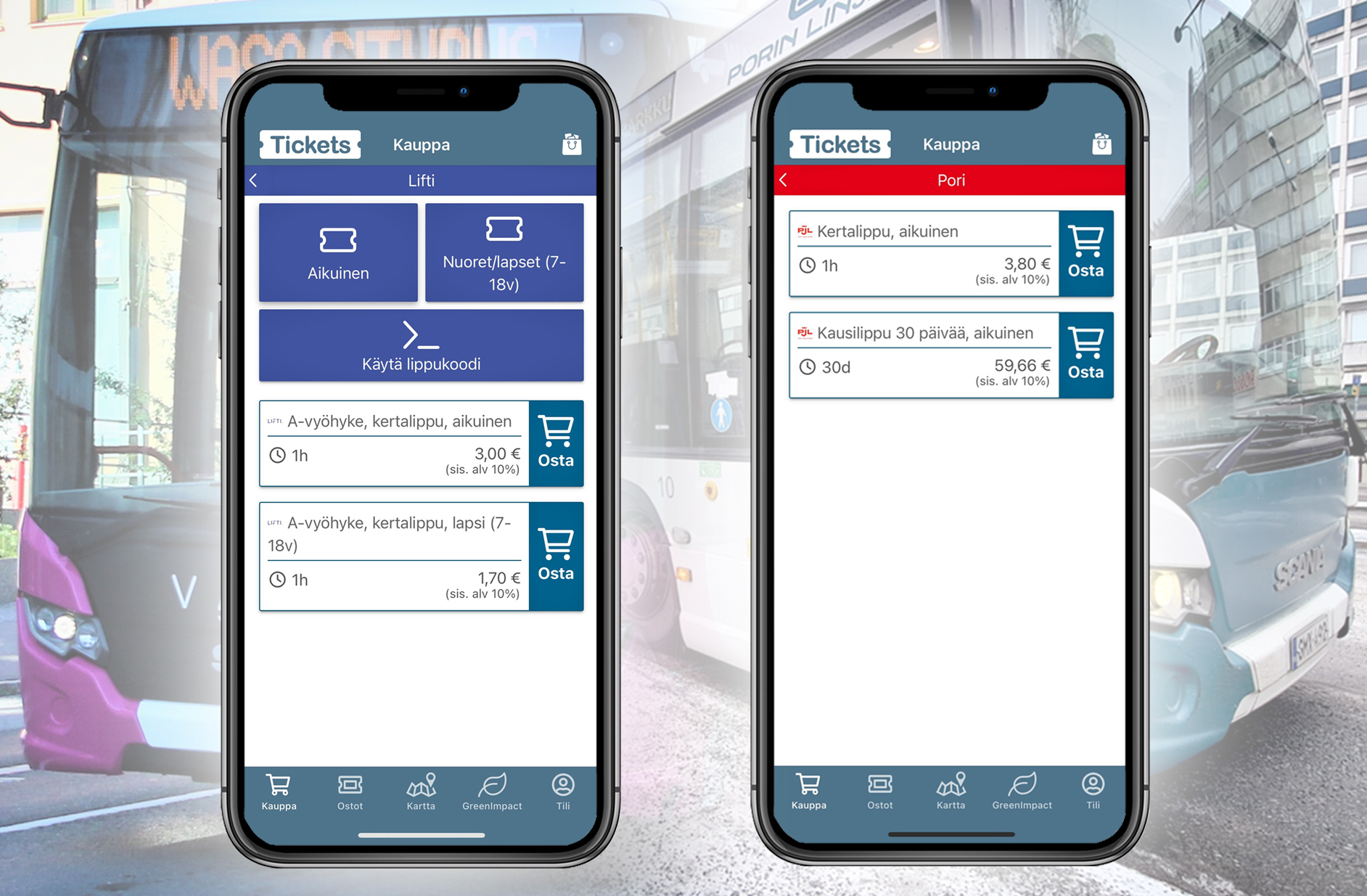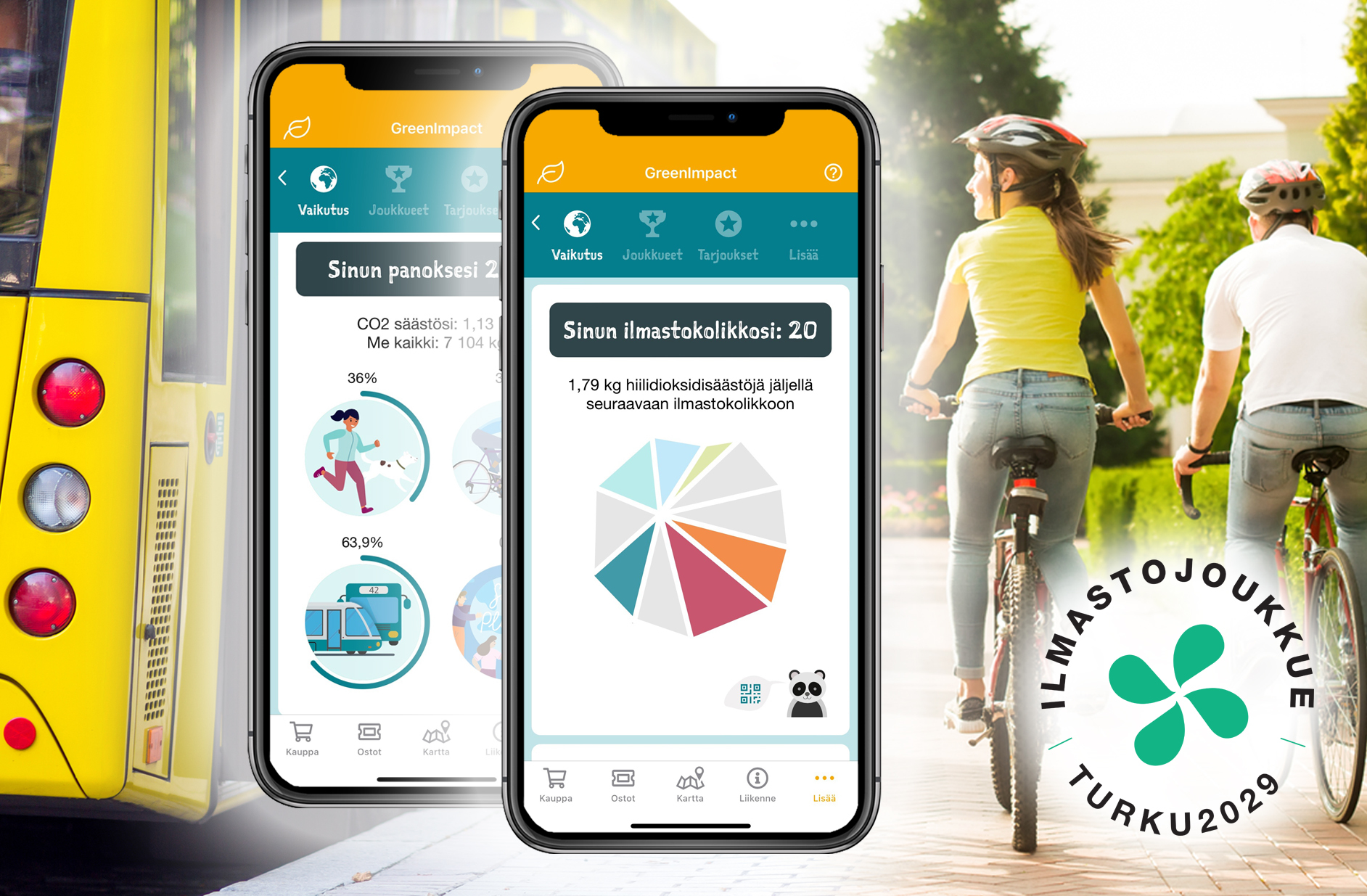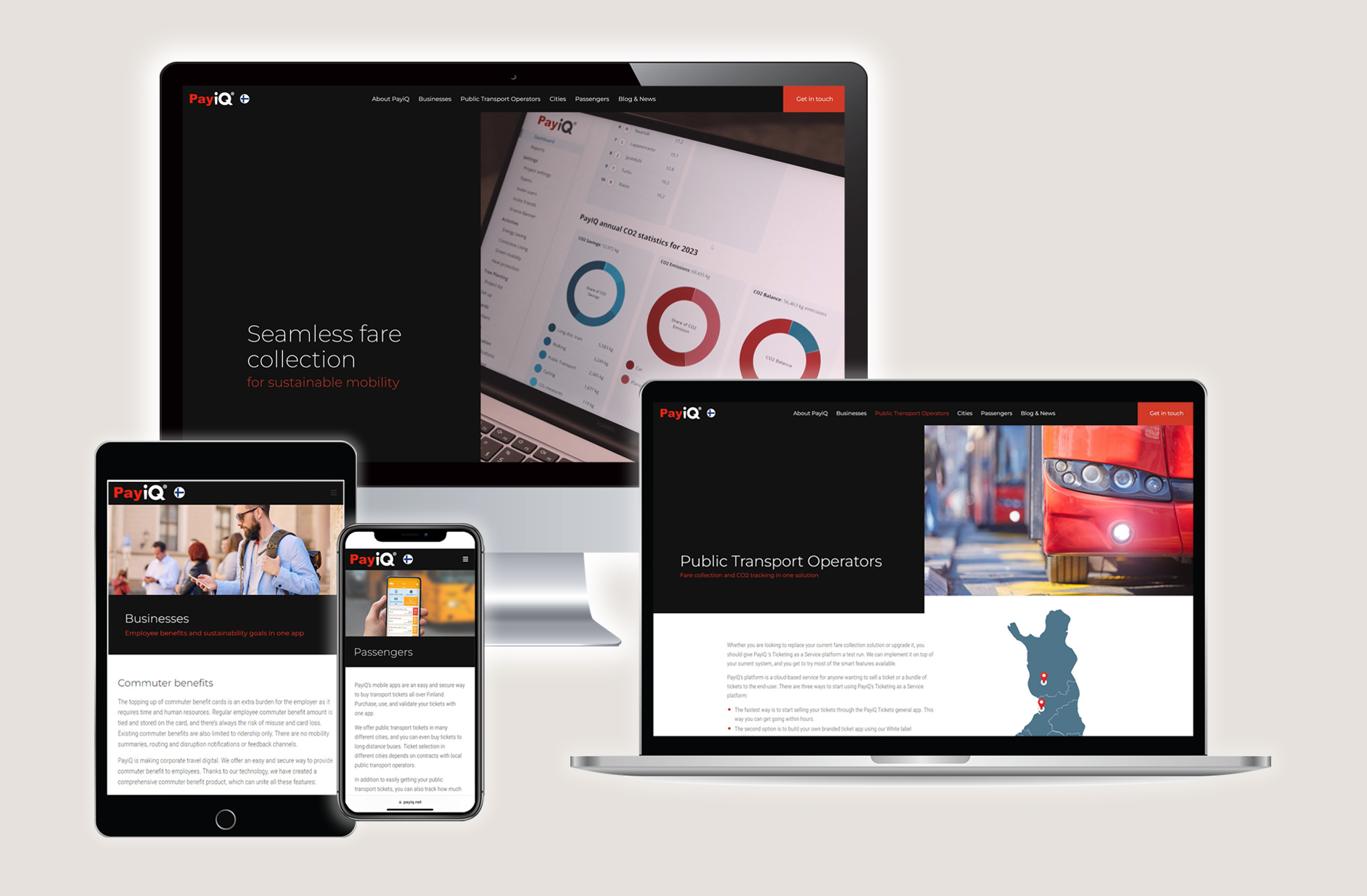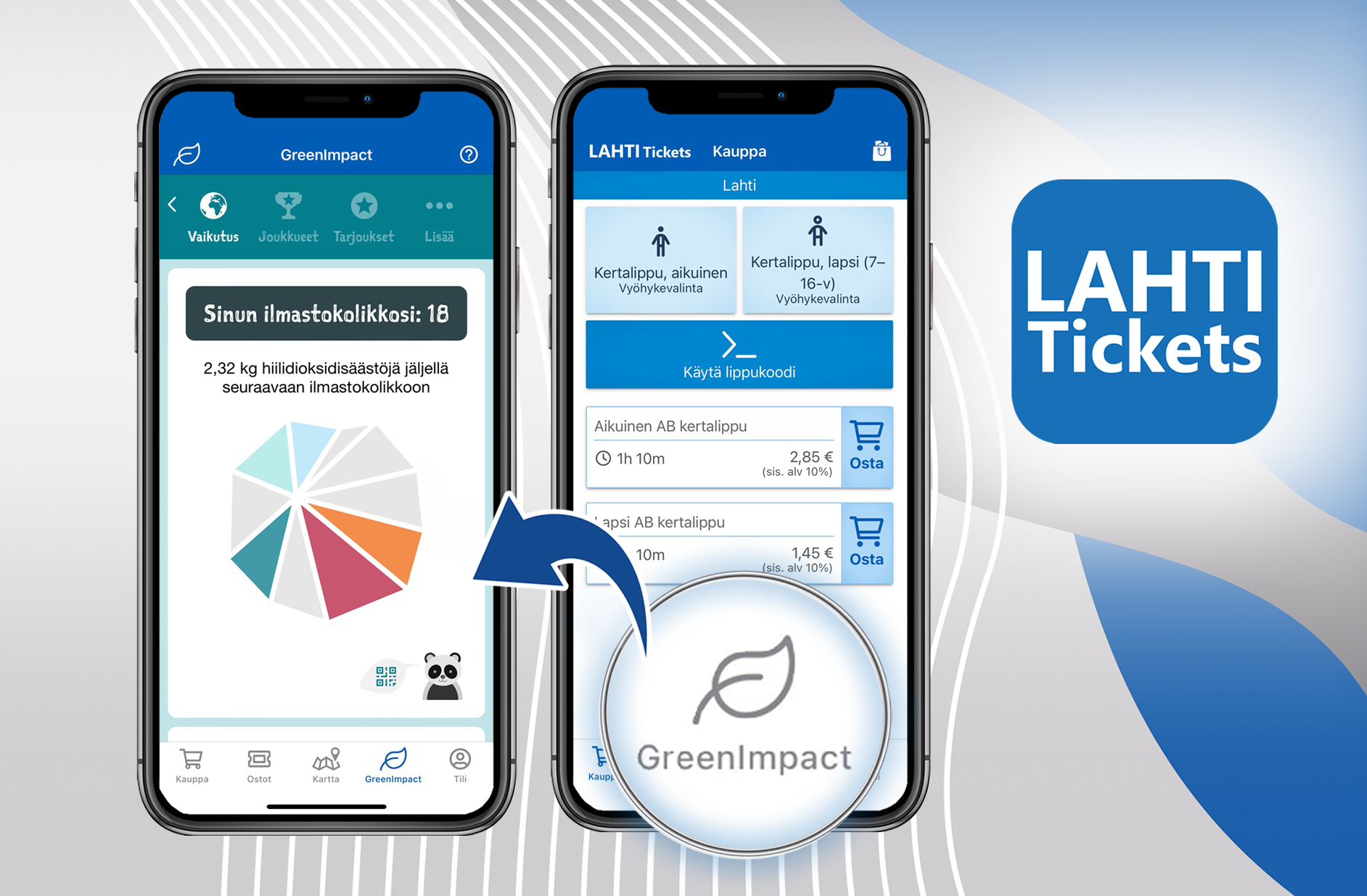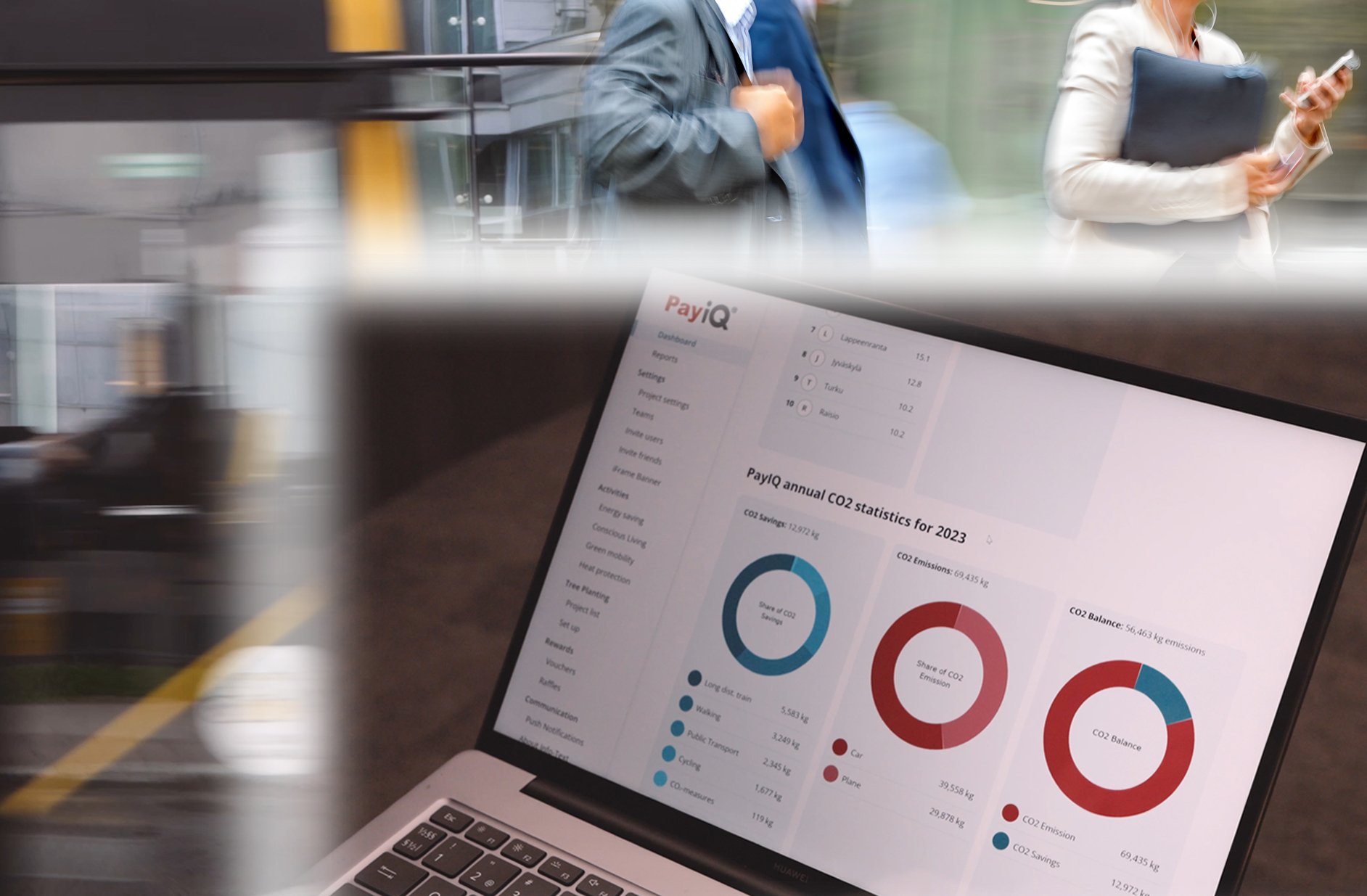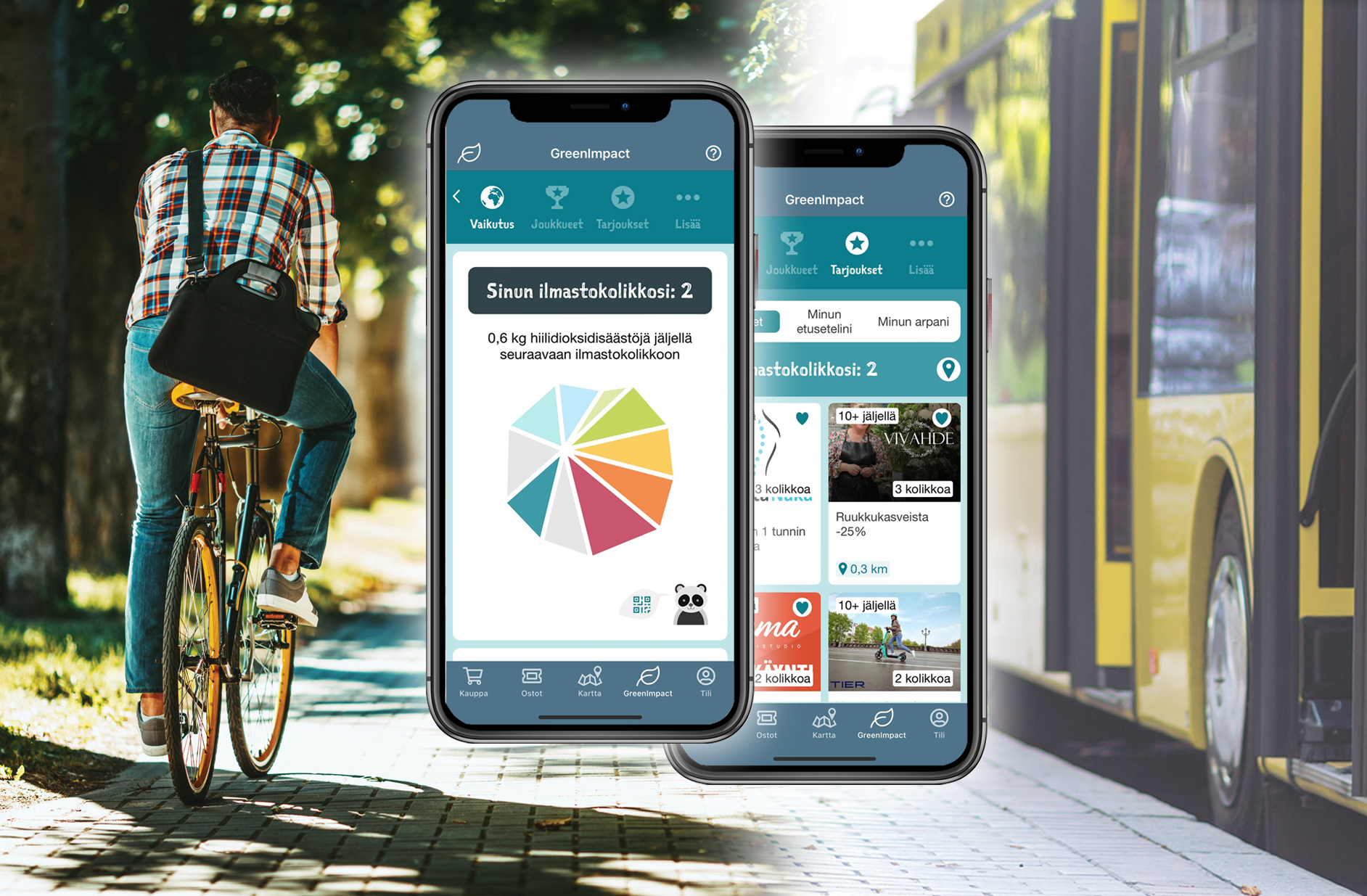Saumaton lipunmyyntiratkaisu
kestävään liikkumiseen
Tavoitteemme on edistää joukkoliikenteen käyttöä ja vähentää hiilidioksidipäästöjä älykkään lipunmyyntiratkaisun ja käyttäjien kestävään kehitykseen sitouttamisen avulla.
PayiQ on toiminut mobiilimaksamisen ja -liputuksen alalla vuosikymmenen ajan. Toimintamme ytimessä ovat palkittu Ticketing as a Service -alusta ja mobiilisovellukset. Sen lisäksi, että teknologiamme mahdollistaa helpon ja turvallisen lippujen ostamisen, uskomme, että teknologiamme voi auttaa ohjaamaan käyttäjiä kohti vähähiilisiä liikkumisvaihtoehtoja ja vaikuttamaan matkustuskäyttäytymiseen. Tavoitteemme on tukea kaupunkeja ja yrityksiä saavuttamaan hiilineutraaliustavoitteensa, parantamaan ilmanlaatua ja edistämään yleistä hyvinvointia.
Tuotteet

Yritysratkaisu
Saumaton liikkumiskokemus ja vaivaton työmatkaetu.

Joukkoliikenteen lipunmyyntiratkaisu
Tehokas lipunmyyntiratkaisu kuljetusresurssien parhaaseen hyödyntämiseen. PayiQ:n alusta on rakennettu sitä varten.

City Access
PayiQ:n avulla saat kaikki kaupungin palvelut yhdeltä luukulta. Kaikki kaupunkisi brändin alla.

Matkustajien sovellukset
Joukkoliikenteen lippusovellukset yli 60 kunnassa. Monipuoliset maksutavat, reittiopas ja häiriötiedotteet.
PayiQ tukee yrityksiä ja kaupunkeja niiden pyrkiessä hiilineutraaliksi. PayiQ:n pilvipohjainen mobiililippualusta tarjoaa yrityksille työmatkaedun hallintajärjestelmän sekä helpon tavan maksaa joukkoliikenteestä. Samalla se seuraa erilaisten liikkumistapojen hiilijalanjälkeä. PayiQ tarjoaa pelillistämistyökalun, joka auttaa ohjaamaan käyttäjiä kohti hiilineutraalia liikkumista ja elämää. PayiQ:n alusta kerää arvokasta tietoa liikkumisesta ja joukkoliikenteen käytöstä. Tätä reaaliaikaista dataa voidaan hyödyntää asiakaskokemuksen parantamiseen sekä vastaamaan yritysten ja kaupunkien muuttuviin raportointitarpeisiin.”
